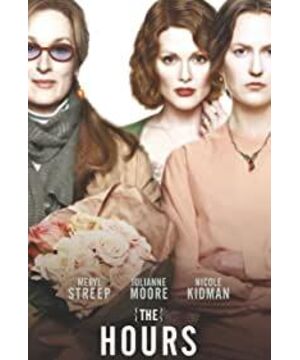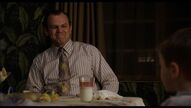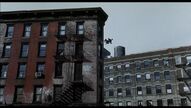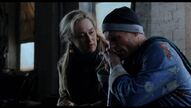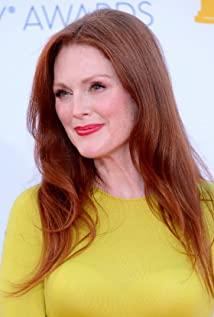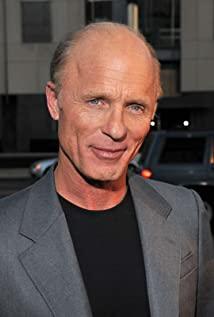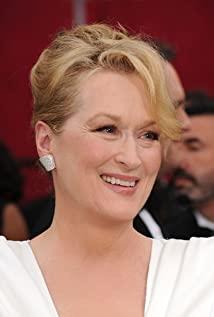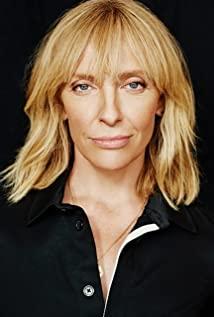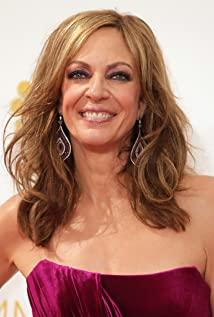- "Mrs Dalloway"
"Mrs. Dalloway" is only one day, but in 24 hours, a rich lady is portrayed with extravagant beauty. When Mrs. Dalloway, who was walking on the street, overheard the roar of Big Ben, she suddenly recalled her past in the form of poetry in her mind, just as a happy person would say "I really hope that time will stop temporarily". When a person deceives life in an unwilling way and deceives herself for thousands of years, she suddenly awakens on this day. Woolf put it this way: "Her life was cut out bit by bit, and the rest of her life couldn't stretch like adolescence to absorb the colours, flavours and tones of existence." Mrs Dalloway thought of Vash, of the eccentric And the erudite lad, but though Vash can still say to her, "I can go on knowing that you live somewhere in the world and think of me sometimes." He is free from the possible intersection , even if she has insight into the vulgarity and sin in her heart, she can only let Woolf tell us - "Love is also destructive, it will destroy all good things." Even if it is not limited to "Mrs. Dalloway" Under the title, she continued to live such a life with such a day, and she was no longer Miss Clarissa. At the end of the novel, Mrs. Dalloway comes and goes at high-society drinking parties, but she is as out of place as Camus' "The Outsider". She looks at the night outside the window from the gap between people's shoulders and the old lady in the opposite house sleeping peacefully. , she said to herself: "Just go to sleep like this, you don't have to be afraid of the scorching sun anymore." After closing the door, what she is afraid of is not all the remaining thoughts in her heart, but what she is afraid of is that once you open the door, you will find It was empty inside.
Woolf in "All the time" is immersed in the shackles of nothingness day and night. She wants to enjoy the sunshine and the smell of grass, and she envy all the ordinary and worldly people around her. The endless pain and confusion her talent brought her, accompanied by a huge sense of emptiness, devoured her in countless sleepless nights.
Looking at this stream of consciousness novel, if I were Clarissa, what would I do? To bury it all just before the roar of Big Ben? Or am I Virginia Woolf, the crazy woman who locked herself in the dim light of life and cut herself off from art, can I have the courage not to be human, but to be a woman. As Woolf said: "Only I, I, know what I want best, and this is my choice." It is also such a woman who, in her cocooning writing, makes the female consciousness ambiguous and moving, and thus cuts herself off. in art. When Woolf jumped into the icy water, she could finally feel the beauty and temperature of the sunlight penetrating the leaves. At this moment, she felt the beauty of life in death.
Feminine consciousness, based on my understanding, is a basic part of human nature. Women are always delicate and sensitive that men cannot know, but female consciousness is different from feminism. Feminine consciousness more deeply represents the call of the future and hope of a gender that is currently at a disadvantage, a kind of exploration and pursuit of the value and consciousness of self-existence. Why does Laura, the housewife in "The Hours", think of suicide because of a copy of "Mrs Dalloway", because that vortex of consciousness awakens the fear in her - what's the point of my life? She has a happy family and a happy life, but she left her husband and children to go to Canada. This is also the most reprehensible thing a mother has done in the eyes of the world. His son is a great writer. A large part of his greatness comes from his mother's decisive departure. The indelible trauma in his life has made his greatness, but also ruined his life. "No one will forgive me, except death," she said with silver hair when she went to meet Clarissa, played by Aunt May at the end of the film, "but I choose to live." As the world says, there is no death without cause , only incomprehensible death.
The same holds true for survival.
April in "Revolutionary Road" is another Laura in the spiritual world and worldly life. What she pursues is Paris, a symbol, a utopia in her eyes, a beacon of revolution for the middle class to rebel against itself. She used to be an actress with dreams, but now she can only become an ordinary housewife. Frank, who once said, "I don't want to live a life without dreams," has become an ordinary clerk. When April pinned all her hopes on Paris, she was actually just like Laura who chose to escape. April did not go to Paris in the end, and the whole story is filled with self-destructive determination and sadness, but if she did go to Paris, would her life change because of it? I don't think so, but this is the utopia in the eyes of the revolutionaries, and when she opens the door to Paris, she may find that it is still empty. But so what? Woolf put it this way: "Death is rebellion, death is an effort to communicate. Because people feel that it is impossible to reach the center, which magically hides from them, closeness and separation, the ecstasy fades, and only A lonely person." When all the dreams about Paris were broken, this woman who was afraid of becoming "one of them" chose to self-destruct and bury all the fragments of Paris.
What we can't agree with is Apro's approach, but what we can't deny is that it reflects a woman's pursuit of self-worth and yearning for spiritual freedom. The utopia that cannot be reached is the most moving, and it will make people want to go desperately. April has destroyed himself and the unreachable Paris in his heart in the "American Dream" of the anxiety and hesitation of the middle class in the United States in the last century.
The definition of female consciousness in psychology refers to women's experience and awakening of their own value as a human being, especially a woman. For a patriarchal society, it is manifested as refusal to accept the traditional definition of women in male society, as well as the acceptance of male power. Questioning and subversion; at the same time, it is expressed as paying attention to women's living conditions, examining women's psychological emotions and expressing women's life experience.
Obviously, female consciousness comes from questioning and resistance, but at the same time, female consciousness is also an objective existence of self-contradiction. Woolf was indignant in the curse of human nature: "Humans have neither kindness, nor faith, nor tolerance, but only to increase the happiness of the moment, they go hunting in groups, they search in groups. All over the desert, screaming and disappearing into the desert." The contradiction comes from women's dependence on men and their desire for independence. Love is the whole history of a woman's life; it's just an episode in a man's life. "——Mrs. Starr (France), the inequality of the relationship between the sexes will inevitably lead to such a situation. What the reality throws to women is such a difficult problem, so the feminist literature attributes the root of this problem to love. Elf arranged for Clarissa to have Vash on this day in her life, and then told him sharply: "Love is also destructive, everything that is good, everything that is real dies. "This is also Woolf in reality. She wanders between fantasy and reality. She has a homosexual complex that seems to be resigned, but she can tell her husband, "my dearest", before throwing her useless skin into the river. She will leave this sentence - let us remember the years we have gone through together, remember the time, and remember the love. Writers who create female images often conceal their deeper and sharper contradictions.
In 1956, there was a movie called "Wife's Heart". A housewife who was struggling to support her family met a handsome and cheerful bank clerk. Now, the story that seems a little cliché is interpreted by Naruse in his unique way. It is still the awakening of female self-awareness and strong disposition he hoped for. Among the new women he portrays, these new and fresh individuals reveal a new life choice and life attitude for women.
This is also the fetter faced by Clarissa in "All the Time". She has the same name as Mrs. Dalloway. Her life is parasitic on a great writer, on her own dreams and self-worth. Confused, Richard told her, "Mrs. Dalloway, you must let me go, and yourself." As Leonard asked Virginia, why must someone die? "In order to compare," Virginia said, "in order to make the living people know how to cherish life more. "Then who will die?" asked Leonard again. "Poets," Virginia said, "those who have dreams in their hearts." "
In all our inescapable lives, we meet under this vast starry sky.
——In this world, the homeless return, as if returning to the river.
Recently opened a new personal public account: not afraid of wind and rain. I plan to keep the movies I have seen in the form of text. I hope everyone can give me some opinions on what they want and what they hate. This is the driving force for my writing! thank you all
View more about The Hours reviews


